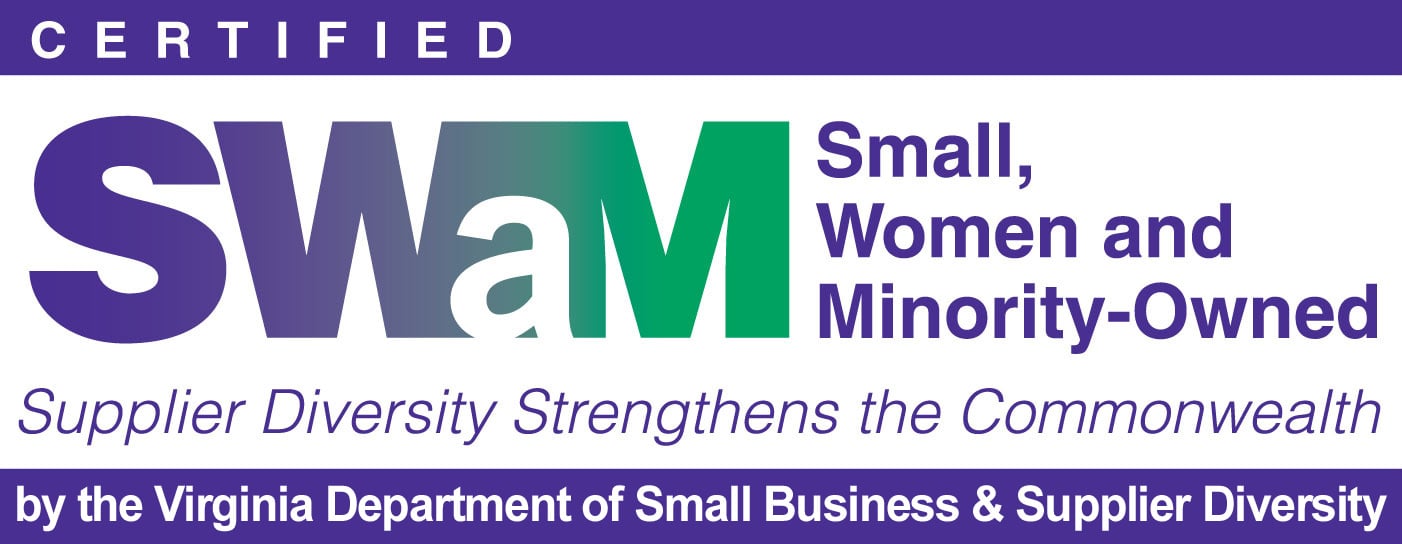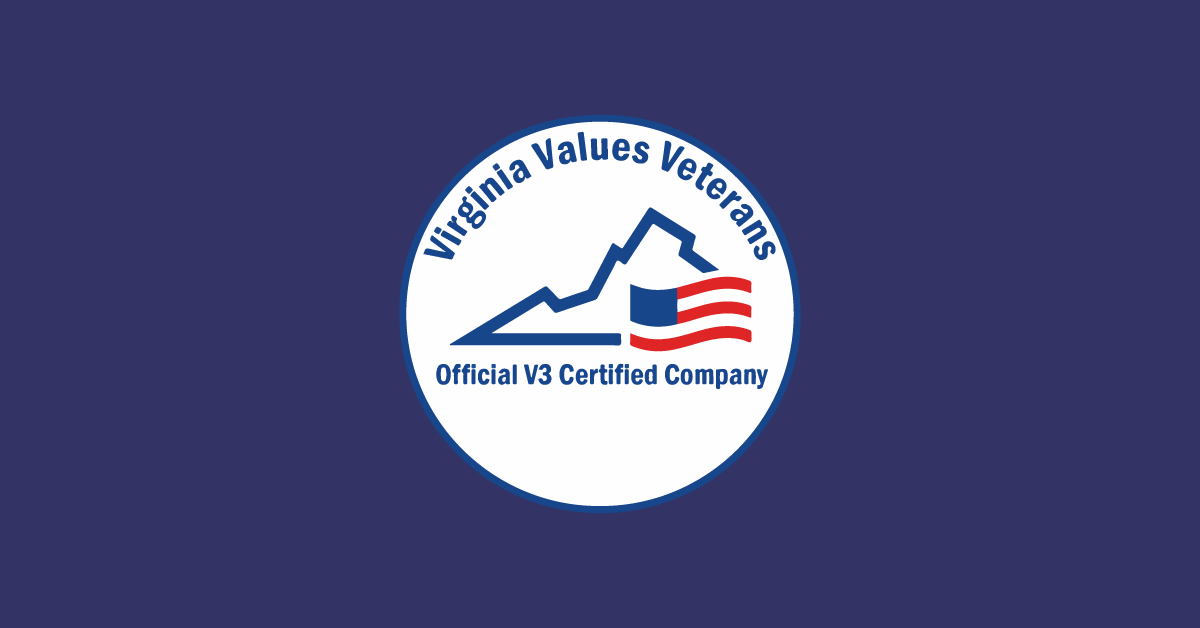3 min read
Building Culture That Works: Cobb Tech Named One of VA's Best
Cobb Technologies has been honored as one of the 2025 Best Places to Work in Virginia by Virginia Business and Best Companies Group. This prestigious...

It’s a good question; “What will a MSP partnership cost me?” The short answer is — it depends. For instance, scheduling a DWA (Document Workflow Analysis) will usually cost you a baseline of $1,500 for one day. Buying a single, ground floor license of UniFlow will cost you $2.50 per month per user. Depending on your needs, your costs can vary by thousands, or tens of thousands of dollars — MSPs have the ability to manage any and all aspects of your tech infrastructure, so it’s a difficult question to answer quickly.
If you’re interested in what the capabilities of a MSP are, and finding out what the cost factors are that go into that partnership, you’ll find a lot of prescient information below.
There’s a saying that should not be taken lightly: “There are two things for which you should never sacrifice quality in favor of cost: your shoes, and your mattress. Because no matter what you’re doing, you’ll be in one or the other.”
It speaks to an important life lesson — you get what you pay for. To blatantly steal an idea from the illustrious Terry Pratchett, if you pay for a cheap pair of boots, you’ll end up buying a new pair in a few months. If you spend your money on an expensive pair, you’ll have them for the rest of your life.
This blog, however, isn’t about shoes — we’re going to answer the question; “how much does it cost to work with a MSP?” We can only tell you our specific price points however, so in order to give you a more complete answer, we’re going to take a dive into the cost factors of partnering with a MSP.
There’s a reason we can’t give a simple answer to this question — MSPs have a lot of options in their wheelhouse. What’s right for one businesses’ IT needs won’t be the same for another, so MSPs must adapt their services to better serve each businesses’ digital ecosystem.
A startup that focuses on a small, dedicated core of clients that are served by a lean team of representatives and technicians may only need VoIP and some extra cyber security put in place. A medium business may need VoIP, a robust security system, and document management services — a large corporation will need all of the above, and a whole lot more.
In short, it’s akin to buying a tailor made suit or dress — the more you ask of your tailor, the more you’re going to pay.
Is worth a pound of cure. As we’ve covered in content past, before MSPs, there was the standard break/fix model of IT services. A company would suffer an outage or disturbance of a system; such as an overloaded server causing online customers to experience lagging loading times when engaging with the company’s website.
After noticing these slow loading times — either notified by their own staff, or a disgruntled customer — the company would contact either their internal IT department, or call up a contracted IT tech working outside of the company. The problem would then be diagnosed, worked on, and eventually remedied.
While this IT service model does save the company money in the short term, it usually ends up costing more. This is due to the universal rule that it’s always faster to fix a problem before it happens in comparison to fixing a problem after it’s already transpired.
It’s this ounce of prevention that you’re really paying for when partnering with a MSP. Sure, a MSP has all of the latest industry knowledge about AWS, Azure, Google Cloud, and the myriad of cloud storage solutions available on the market today, and a MSP will be up-to-date on the latest cyber security risks — but the true value of partnering with a MSP is that “managed” aspect.
Your businesses servers? Managed. Your end-user systems? Managed. Your network? Managed. Your tech stack? Managed. You get the picture.
As with any service in the tech industry, the most impactful factor on your company’s spend will be your system’s complexity. Below, you’ll find a breakdown of examples between what constitutes as low, moderate, and high on the complexity scale:
You’ll notice that all of the highly complex tasks would fit into the deployment or implementation stage of creating new components or an entirely new enterprise system. This is due to the fact that no two businesses will have the same legacy system, nor the same needs for what their ecosystem must be able to accomplish.
It’s best to think of a MSP as a subscription to custom services. It’s like Netflix, or Hulu, or HBO Now, or Disney+ (do you ever get the feeling that internet streaming bundles are going to be all the rage in the next few years?), but rather than being told what shows you get to watch, with a MSP, you control the action.
Not literally — a MSP is a managed service after all, but your company will create a contract based on it’s own particular needs. Again, this is why asking “How much does it cost to work with a MSP?” is kind of like asking “How much will it cost me to remodel my kitchen?” — it depends on what exactly you want to achieve.
The best way to reduce cost with your MSP partnership is to ensure you are choosing the right partner for your company. Make sure to ask as many questions as possible — just because your IT needs will be managed by another company, doesn’t mean you shouldn’t know what’s going on — the more you know, the better decisions you can make for your company.

3 min read
Cobb Technologies has been honored as one of the 2025 Best Places to Work in Virginia by Virginia Business and Best Companies Group. This prestigious...

5 min read
Cobb Technologies is honored to hold the SWaM (Small, Women-owned, and Minority-owned Business) certification, awarded by the Commonwealth of...

5 min read
Every year, thousands of Veterans transition from military service to civilian careers in Virginia, bringing invaluable skills and experiences to...